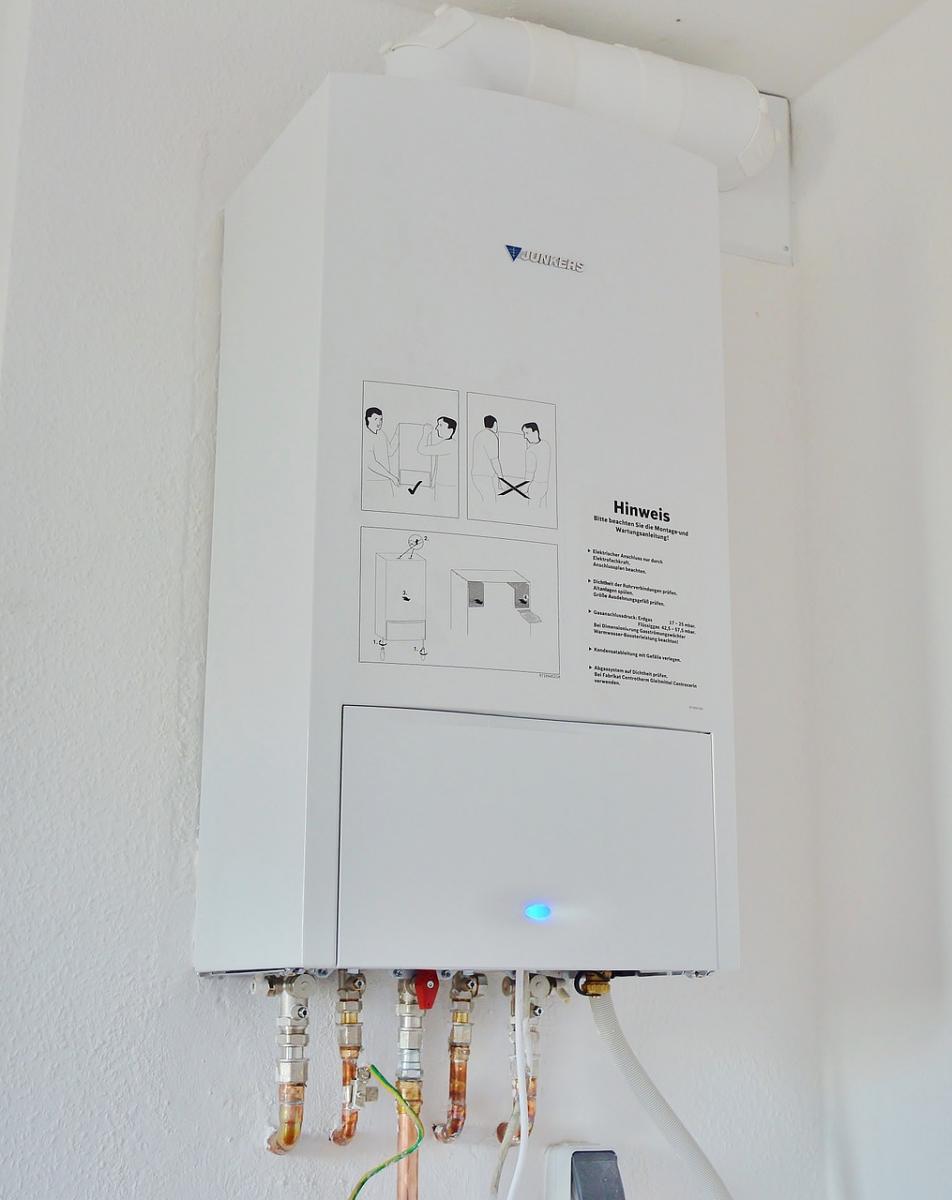Should You Switch to a Tankless Water Heater?
 Have you ever considered switching from a traditional water heater to a tankless system? Tankless heaters offer a variety of advantages compared to their water-storing counterparts, the most notable of which is their ability to provide an unlimited supply of hot water. Unless you enjoy cold showers, this feature alone can make a tankless system worth installing; however, there are several additional reasons to consider making the switch to tankless. Keep reading for a quick guide to the pros and cons of a tankless water heater!
Have you ever considered switching from a traditional water heater to a tankless system? Tankless heaters offer a variety of advantages compared to their water-storing counterparts, the most notable of which is their ability to provide an unlimited supply of hot water. Unless you enjoy cold showers, this feature alone can make a tankless system worth installing; however, there are several additional reasons to consider making the switch to tankless. Keep reading for a quick guide to the pros and cons of a tankless water heater!
The Problem with Conventional Heaters
A conventional water heater heats and stores hot water inside a tank for future use, which means that it has to continuously reheat the water in order to keep it at the proper temperature. Unfortunately, because the heater doesn't know when you will need the water, this means that the heater must waste significant amounts of energy in the process. That tank full of water also means that these heaters are prone to leaking.
Advantages of Tankless Heaters
Conversely, tankless water heaters heat water on demand, meaning they only activate when you are using hot water and only heat the exact amount that you require. This method means that these systems can save you a fair chunk of change; one estimate puts the savings at $44/year for electric units and $108/year for gas. In addition, tankless systems tend to last longer than those that store water. According to energy.gov, you can expect a tankless system to last in excess of 20 years, twice as long as traditional heaters.
The lack of a tank full of water also means that tankless heaters take up far less space than their bulky cousins. In fact, they are often only about the size of a briefcase! Finally, without that tank of water, tankless systems are much less likely to leak and won't flood your home if they do.
Here's the Catch
Of course, there has to be a catch to tankless heaters, or else everyone would already use them. As with most home improvements, the main problem with tankless heaters is their upfront cost; although the exact price for purchase and installation varies dramatically between different units, tankless heaters often cost more than twice as much as those with a tank. Even so, their increased lifespan and energy savings generally result in less money spent over the life of the tankless system.
Tankless water heaters might not be for everyone, but they do offer enough advantages to at least warrant consideration. Regardless of your decision, here's a final tip: consider replacing your current water heater once it nears the end of its life, rather than waiting until it actually dies and leaves you stranded with no hot water!
- Cheryl Bourland's blog
- Login or register to post comments
 Google+
Google+


 Information Deemed Reliable but Not Guaranteed. CENTURY 21 H.S.V. Realty is licensed in the state of Arkansas. CENTURY 21 and the CENTURY 21 Logo are registered service marks owned by Century 21 Real Estate LLC. H.S.V. Realty, Inc. fully supports the principles of the Fair Housing Act and the Equal Opportunity Act. Each franchise is independently owned and operated. Any services or products provided by independently owned and operated franchisees are not provided by, affiliated with or related to Century 21 Real Estate LLC nor any of its affiliated companies.
Information Deemed Reliable but Not Guaranteed. CENTURY 21 H.S.V. Realty is licensed in the state of Arkansas. CENTURY 21 and the CENTURY 21 Logo are registered service marks owned by Century 21 Real Estate LLC. H.S.V. Realty, Inc. fully supports the principles of the Fair Housing Act and the Equal Opportunity Act. Each franchise is independently owned and operated. Any services or products provided by independently owned and operated franchisees are not provided by, affiliated with or related to Century 21 Real Estate LLC nor any of its affiliated companies.